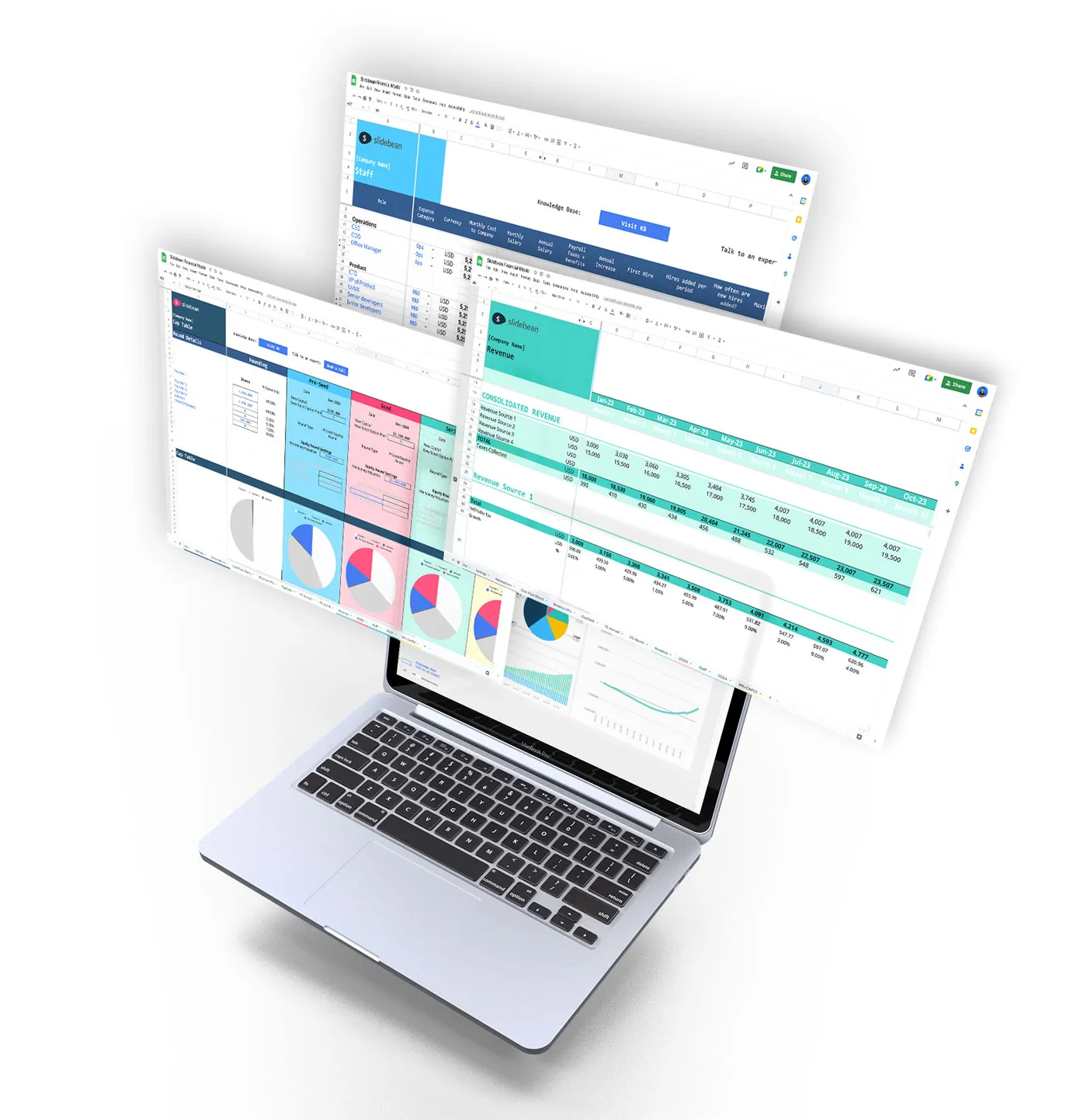

With job uncertainty, job losses, and an unstable labor market, many people are looking for ways to start their businesses. Some people take the plunge by leaving their job to focus on their start-up, while others take a more measured approach by starting a side hustle.
However you approach your new venture, every entrepreneur knows they need capital to fund their start-up. Many entrepreneurs save money to fund their projects.
While it's a good idea to use some of your own money, you should be careful not to pump all your savings into your start-up, especially if you've left your job. It takes at least a few months or longer for a new business to become profitable. So it's unlikely you’ll be able to draw a salary.
Because of this, start-up founders should set aside a portion of their savings to cover themselves for about a year while the business is taking off. Depending on how much money you have saved, you might not be left with too much for your business.
This doesn't mean you can't bring your new project to life. Several loan options can help you get your start-up off the ground.
How to Fund a New Startup Project
Most banks require businesses to be in operation for at least a year to qualify for a small business loan. If you're a start-up, you may not be able to secure a business loan from a traditional small business lender, but there are alternatives. Each start-up or project has different needs and will require different amounts of capital.
Consider the following options to fund your business:
SBA Loan
An SBA loan is offered to small businesses backed by the government. The loan is issued by banks and lenders and partially guaranteed by the US Small Business Administration.
SBA loans are usually capped at around $50 000, and the average amount borrowed is between $12 000 - $13 000. It's perfect for entrepreneurs looking to start a new project or small businesses who want to expand. The interest rates are lower and they can offer more flexible payment terms.
If you want to apply for an SBA loan, you'd need to go through a lending institution like a bank. The bank will apply to the SBA for a loan guarantee and also require a personal guarantee from the founder and everyone else who owns 20% or more of the business.
When the SBA loan is approved, the lender will transfer the funds to you, and you will have to pay the lender back every month until it's paid off. If you don't repay the loan, the government has to pay the guaranteed amount and the founder's personal assets can also be used to pay the debt.
Microloan
Microloans are great for new start-ups or small businesses that are not financially stable. Lenders that offer microloans are typically nonprofits that focus on uplifting businesses in disadvantaged communities and encourage minorities to start their own businesses.
While the loans offered by microlenders are small, they can help you finance your start-up. Since the interest rates are low and the terms are more reasonable, you can improve your credit score, which will help you secure bigger loans with traditional lenders in the future.
Government Grant
Various government programs offer loans to new business owners. Many are aimed at helping people from disadvantaged communities become financially secure through entrepreneurship.
Finding the best one that suits you will require a bit of research. Some common government grants include loans for women, veterans, and minorities.
Personal Business Loan
You can apply for funding in your personal capacity. This is particularly helpful if you're a new business owner struggling to secure capital. You can find options such as CreditNinja installment loans, which come with interest and fees. Compare the loan options before signing for one.
Personal loan offers are based on your individual credit history, so if your credit score is good, you can get a loan with good terms.
Business Credit Card
Like a personal business loan, you can apply for a business credit card based on your individual credit rating. Applying for a credit card is quicker than applying for traditional loans, and you can use the funds for anything.
Credit cards are unsecured loans, so you don't risk any of your personal assets. You only pay interest on your unpaid balances that have not been paid within your billing cycle.







